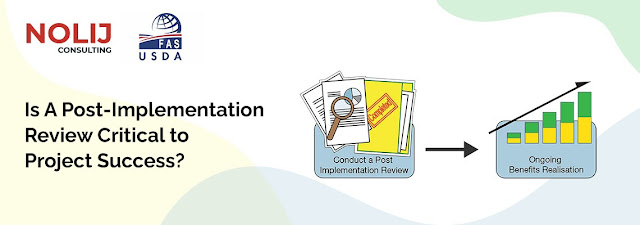How Electronic Health Record Modernization Services are Transforming Healthcare Data Management
Electronic Health Records (EHRs) have become an integral part of healthcare management, providing healthcare providers with quick and easy access to patient data. However, many healthcare organizations are still using outdated EHR systems that are difficult to maintain and lack the functionality needed to manage patient data effectively. This is where electronic health record modernization services come in. In this blog, we will explore how electronic health record modernization services are transforming healthcare data management.
What are Electronic Health Record
Modernization Services?
Electronic health record
modernization services refer to
the process of upgrading an organization's EHR system to a more modern and
efficient system. This modernization involves upgrading hardware, software, and
network infrastructure to improve the functionality and usability of the EHR
system. It can also involve
migrating the EHR system to a cloud-based platform, providing healthcare
providers with easier access to patient data.
How Electronic Health Record
Modernization Services are Transforming Healthcare Data Management:
- Improved Efficiency:
One of the key benefits of
electronic health record modernization services is improved efficiency. Modern
EHR systems can streamline healthcare data management by providing healthcare
providers with a more intuitive user interface and improved data analysis
tools. This improved efficiency can lead to better patient outcomes and reduced
healthcare costs.
- Improved Interoperability:
Electronic health record
modernization services can improve interoperability between different
healthcare organizations. Modern EHR systems can integrate with other
healthcare systems, allowing for the sharing of patient data between different
healthcare providers. This interoperability can improve patient care coordination
and reduce the risk of errors caused by incomplete patient data.
- Better Data Analytics:
Modern EHR systems provide better
data analytics tools, allowing healthcare providers to analyze patient data
more effectively. This improved data analysis can lead to better patient
outcomes and reduced healthcare costs. For example, healthcare providers can
use data analytics tools to identify patient populations that are at higher
risk for certain health conditions, allowing them to develop targeted
prevention and treatment strategies.
- Improved Patient Engagement:
EHR modernization services can improve patient engagement by providing
patients with easier access to their own health data. Modern EHR systems can
provide patients with secure access to their health data through online
portals, allowing them to track their health data and communicate with
healthcare providers more easily. This improved patient engagement can lead to
better patient outcomes and improved patient satisfaction.
- Improved Security:
Electronic health record
modernization services can also
improve the security of patient data. Modern EHR systems use advanced security
measures to protect patient data from external threats. This improved security
can reduce the risk of data breaches and improve patient trust in healthcare
providers.
Conclusion:
In conclusion, electronic health
record modernization services are transforming healthcare data management.
These services can improve the efficiency and usability of EHR systems, improve
interoperability between different healthcare providers, provide better data
analytics tools, improve patient engagement, and improve the security of
patient data. By investing in electronic health record modernization services,
healthcare organizations can provide better patient care, improve patient
outcomes, and reduce healthcare costs.




Comments
Post a Comment